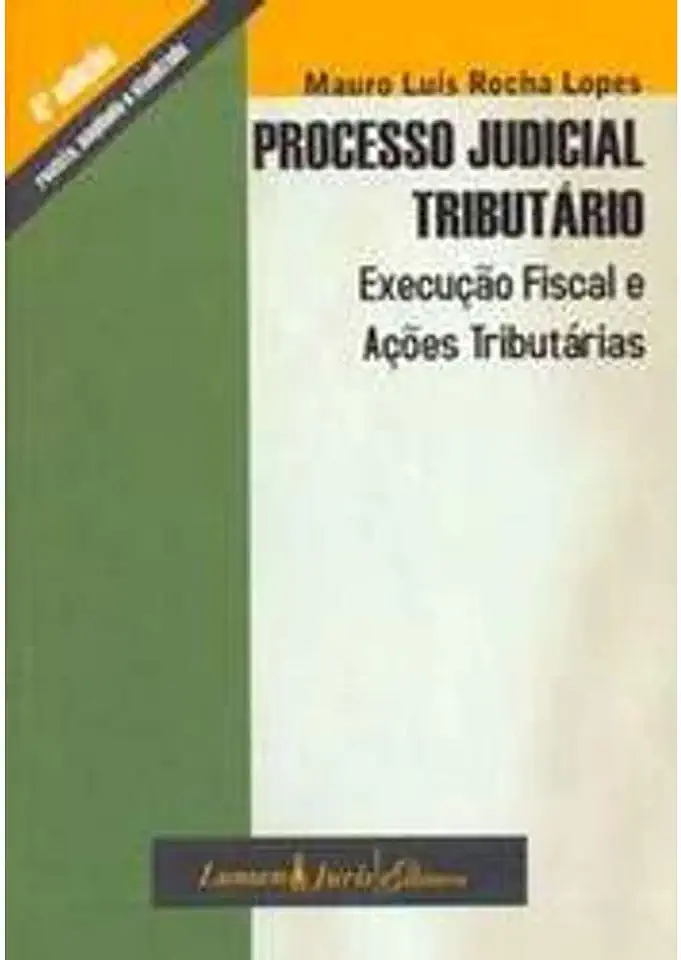
Tax Litigation - Tax Execution and Tax Actions
Tax Litigation - Tax Execution and Tax Actions
A Comprehensive Guide to Tax Litigation
Tax litigation can be a complex and daunting process, but it is essential for taxpayers who are facing disputes with the Internal Revenue Service (IRS). This comprehensive guide provides a detailed overview of the tax litigation process, from the initial stages of a dispute to the final resolution.
Understanding Tax Litigation
Tax litigation is the process of resolving disputes between taxpayers and the IRS. These disputes can arise from a variety of issues, including:
- Tax audits: The IRS may conduct an audit of a taxpayer's tax return to verify the accuracy of the information reported. If the IRS finds any discrepancies, it may issue a notice of deficiency, which is a bill for the additional taxes owed.
- Tax assessments: The IRS may also assess taxes against a taxpayer who has not filed a tax return or who has failed to pay taxes that are due.
- Tax liens: The IRS may file a tax lien against a taxpayer's property to secure the payment of taxes that are owed.
- Tax levies: The IRS may levy a taxpayer's property to collect taxes that are owed.
The Tax Litigation Process
The tax litigation process can be divided into several stages:
- Pre-litigation: This stage involves the initial stages of a dispute, including the IRS's issuance of a notice of deficiency or assessment.
- Litigation: This stage involves the filing of a petition with the United States Tax Court or the United States District Court.
- Discovery: This stage involves the exchange of information between the taxpayer and the IRS.
- Trial: This stage involves the presentation of evidence and arguments before a judge.
- Appeal: This stage involves the appeal of a decision by the Tax Court or the District Court to the United States Court of Appeals.
Tax Litigation Strategies
There are a number of strategies that taxpayers can use to successfully litigate their tax disputes. These strategies include:
- Choosing the right forum: Taxpayers should carefully consider the forum in which to file their petition, as the Tax Court and the District Court have different rules and procedures.
- Developing a strong case: Taxpayers should gather evidence and develop arguments that support their position.
- Negotiating with the IRS: Taxpayers may be able to resolve their disputes with the IRS through negotiation.
- Appealing a decision: Taxpayers who are dissatisfied with a decision by the Tax Court or the District Court may appeal the decision to the United States Court of Appeals.
Conclusion
Tax litigation can be a complex and daunting process, but it is essential for taxpayers who are facing disputes with the IRS. This comprehensive guide provides a detailed overview of the tax litigation process, from the initial stages of a dispute to the final resolution. By understanding the tax litigation process and developing a strong case, taxpayers can increase their chances of successfully resolving their disputes with the IRS.
Order Your Copy Today!
Tax Litigation - Tax Execution and Tax Actions is available now. Order your copy today and learn how to protect your rights and resolve your tax disputes.